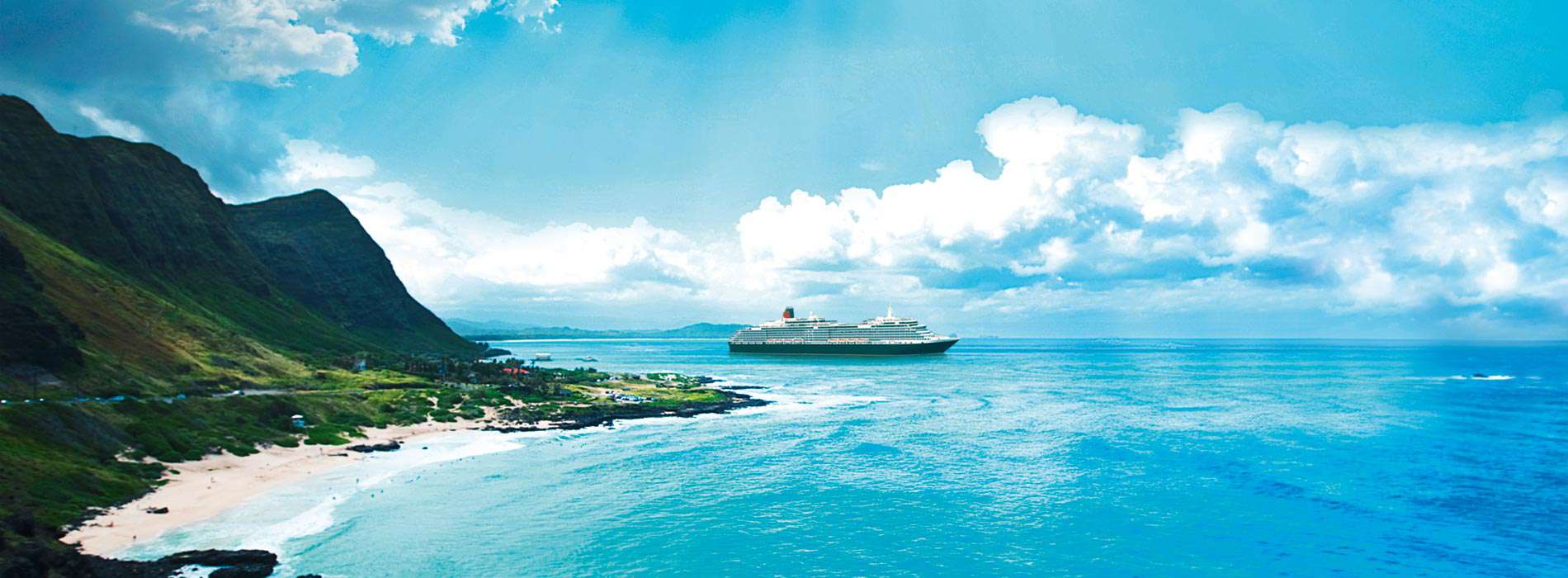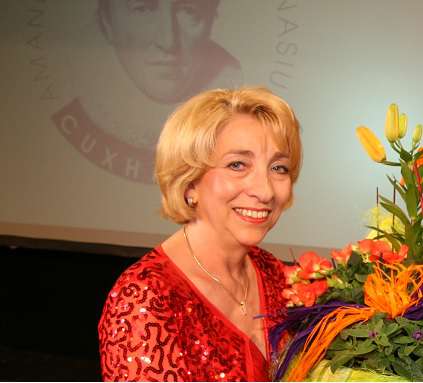Enchanting Cape Town
Publicat: 22.04.2017
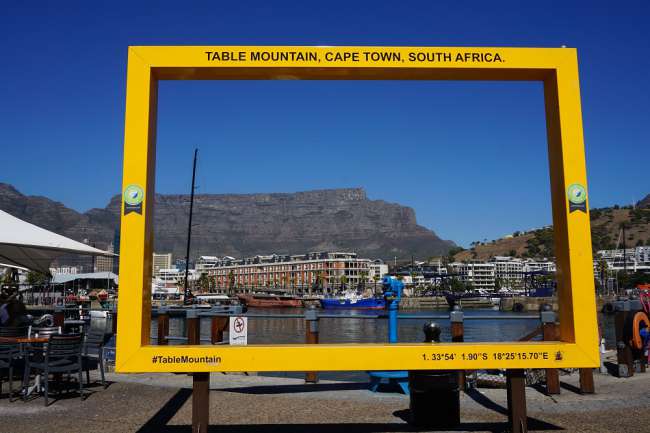
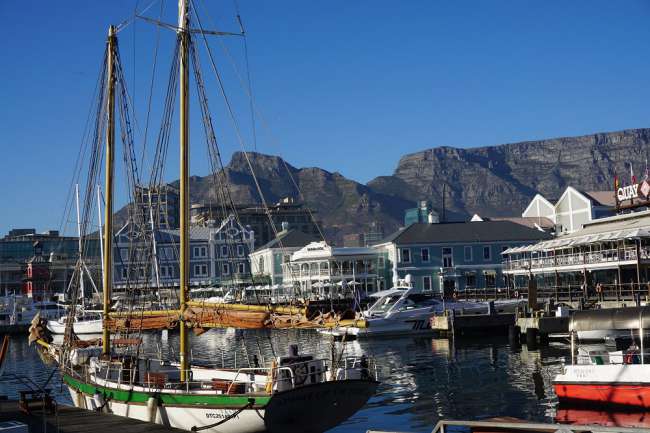
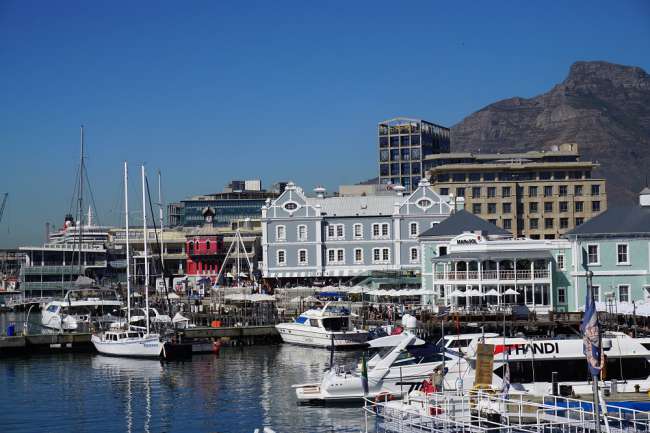
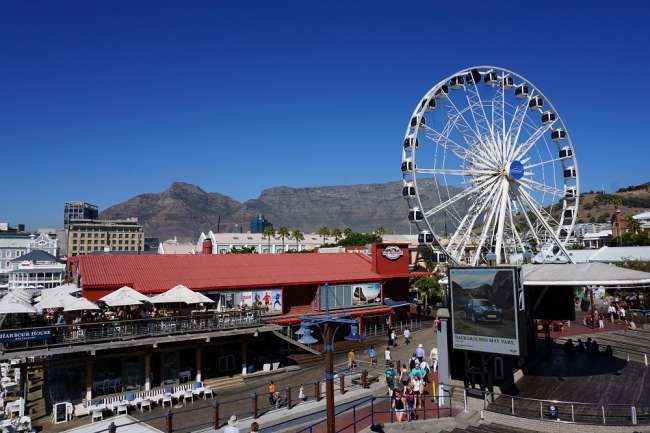
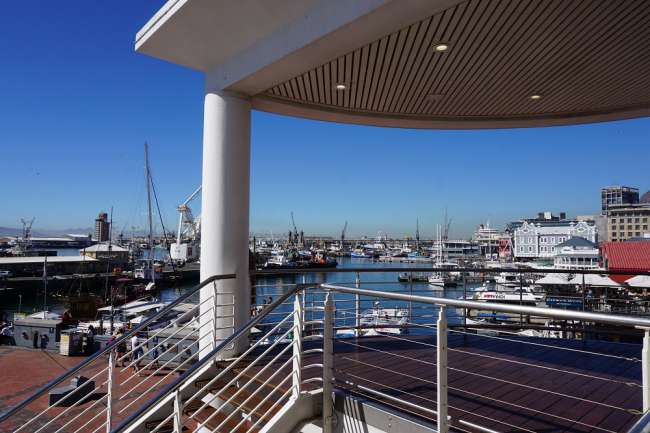
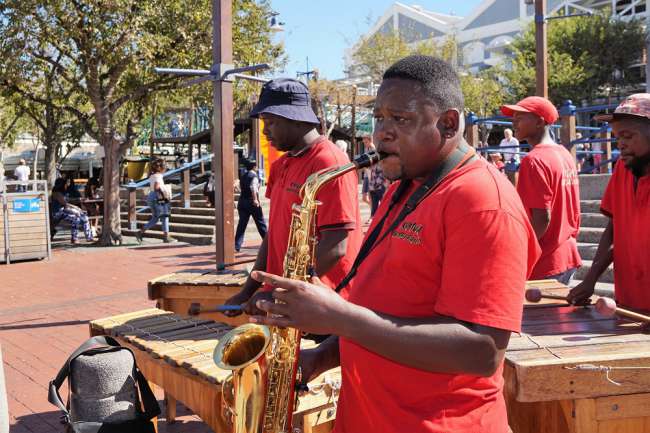
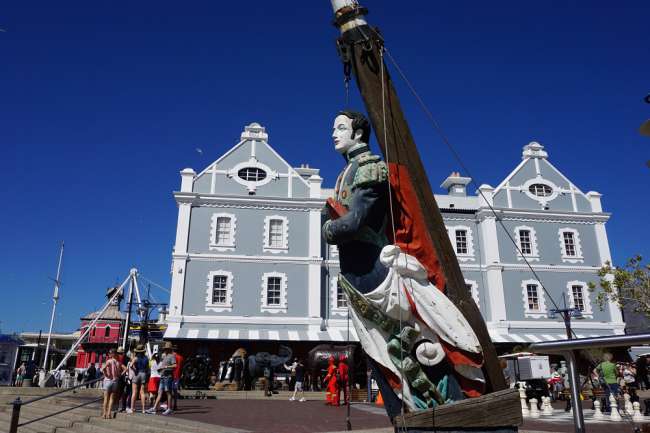
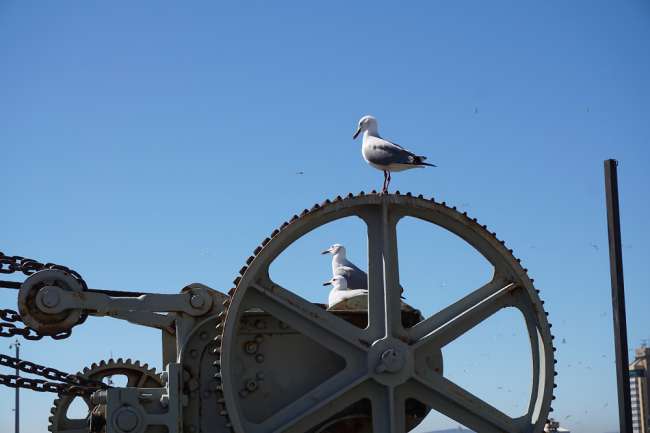
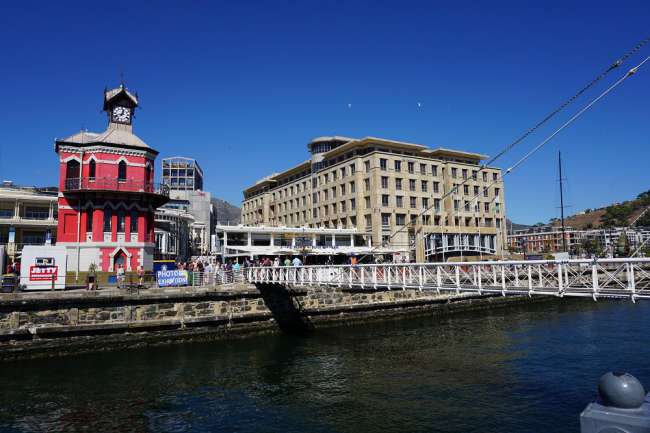
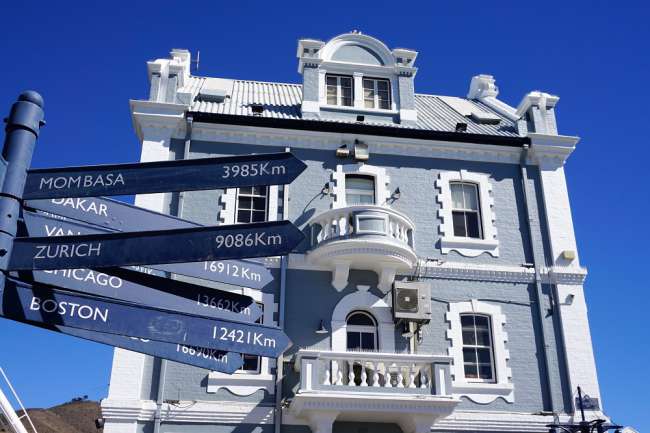
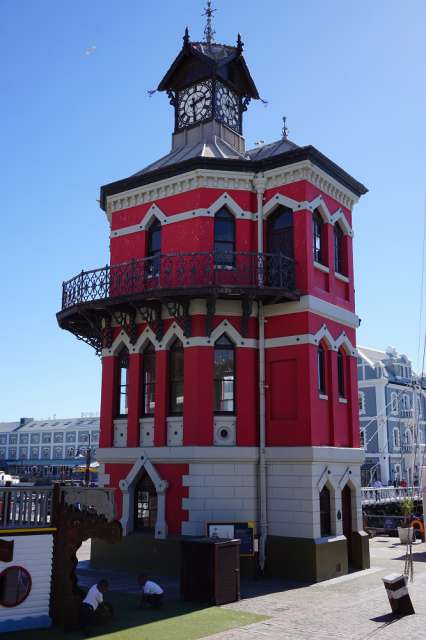
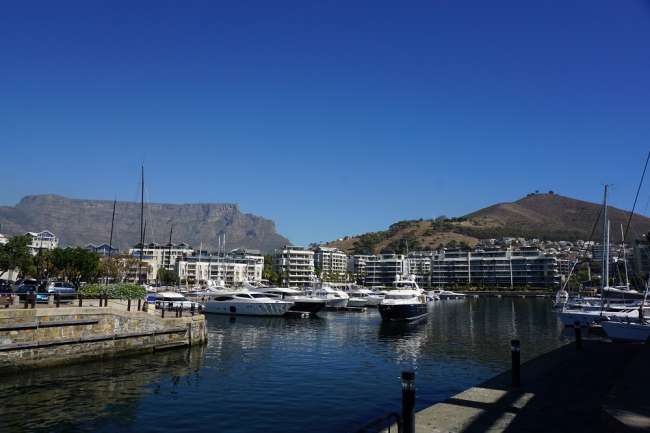
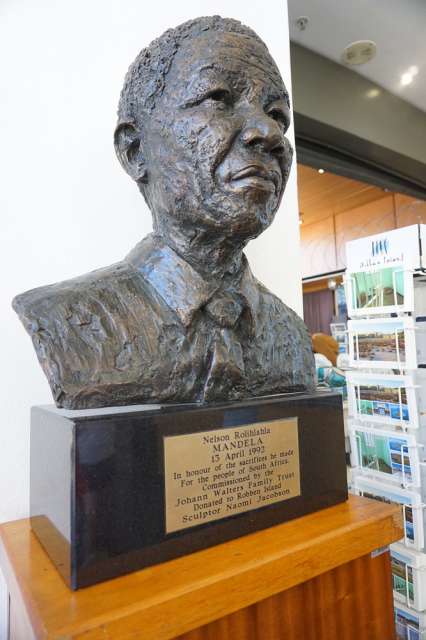
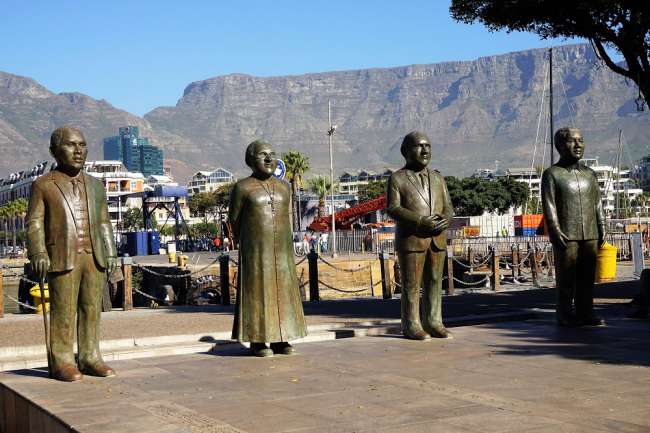
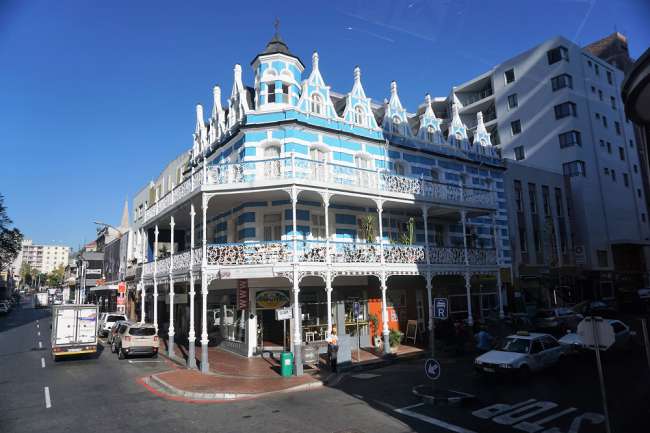
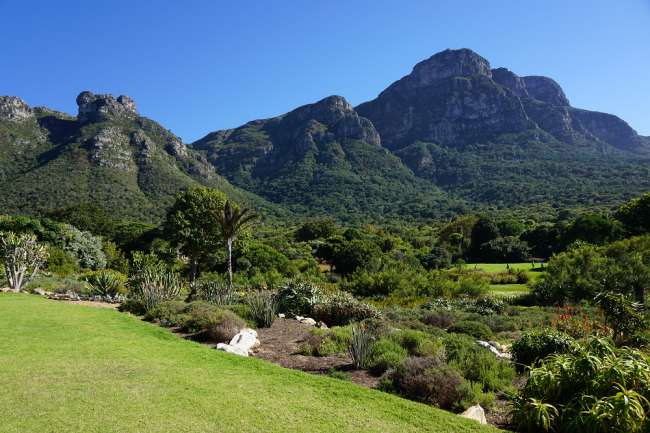
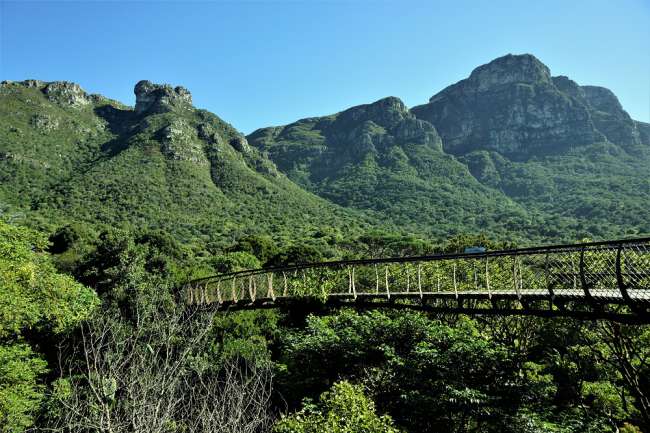
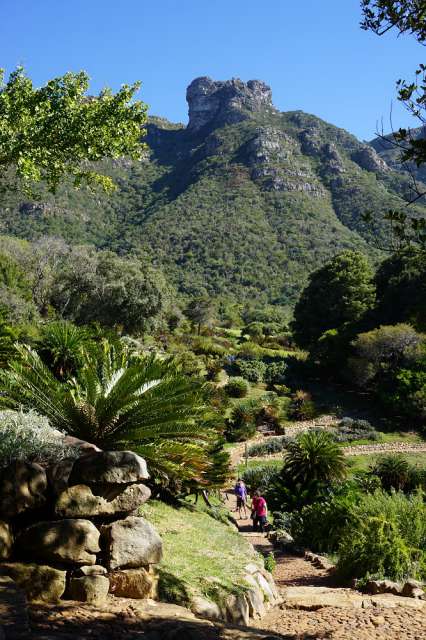
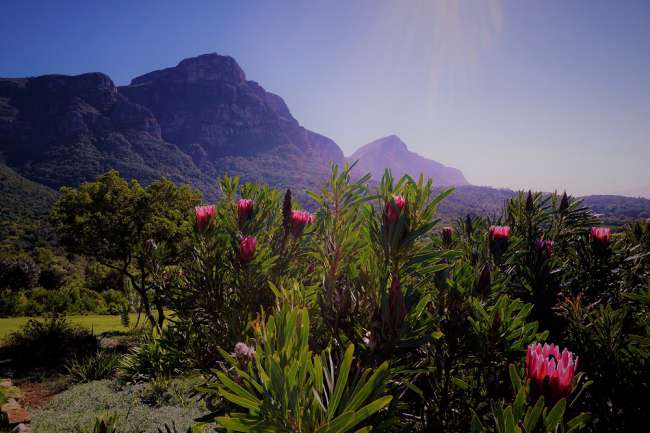
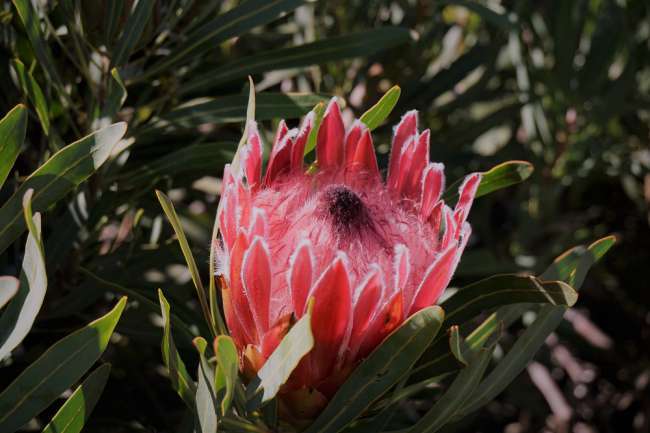
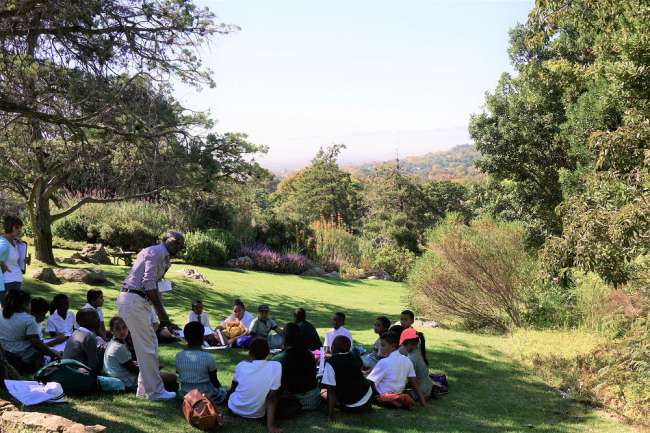
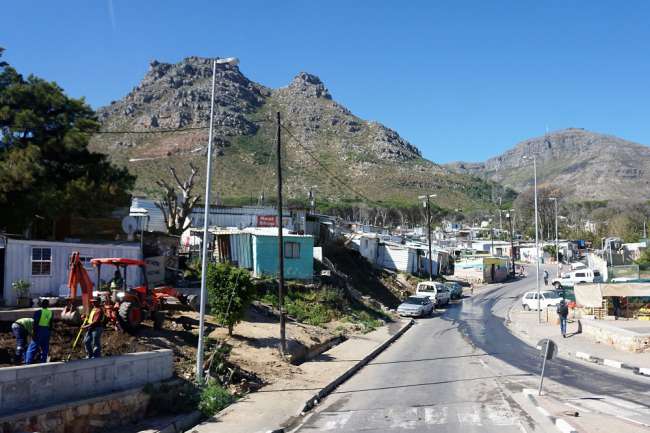
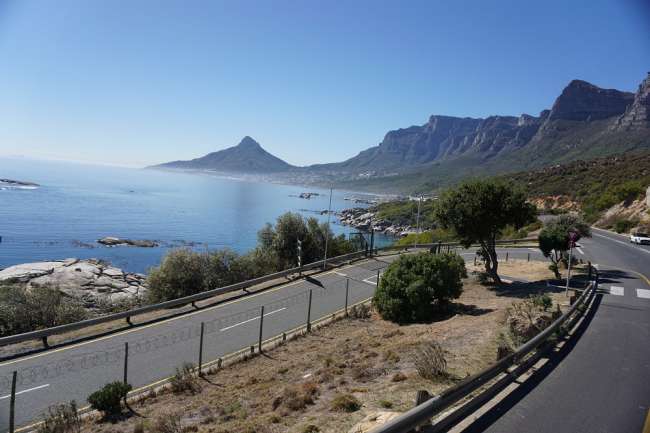
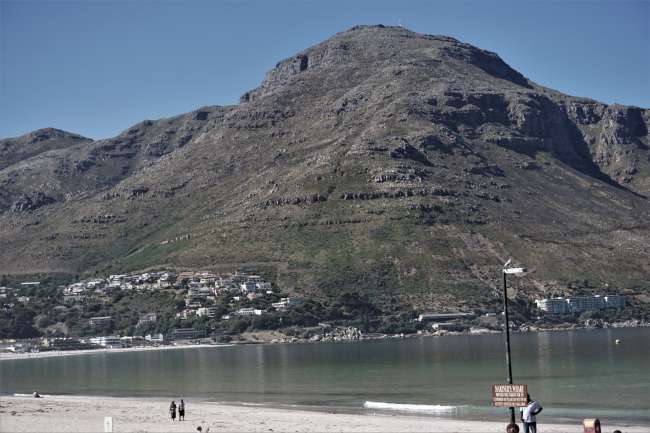
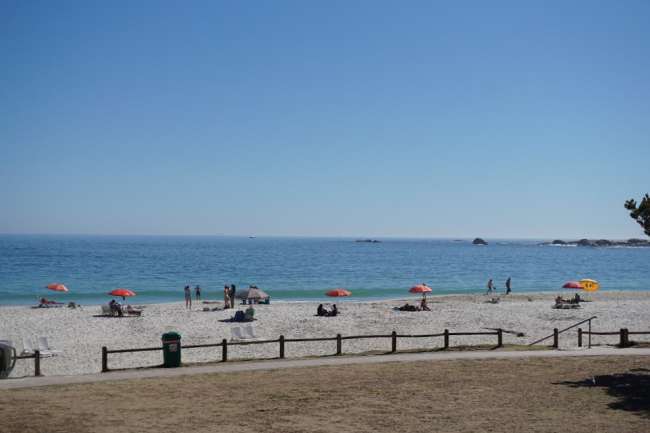
Aboneaza-te la Newsletter
Cape Town is undoubtedly one of the most beautiful cities in the world, but this time my visit was particularly crowned by the clear view of Table Mountain, which stood out wonderfully against the bright blue sky. Not a single cloud appeared. It couldn't have been more beautiful, and as the locals confirmed, this clear view is not very common. Most of the time, there is a so-called tablecloth of clouds, the 'Tablecloth,' on the mountain plateau.
With its 1,224 m, 'Table Mountain' is the landmark of the city and visible from almost every point in Cape Town. The ascent with the cable car, which rotates 360 degrees and offers a comprehensive view for all 65 passengers, takes only 7 minutes and was manufactured in Switzerland in 1998. So it's very new and modern! The whole city has become modern in the meantime. On the main street, 'Long Street,' the old Victorian houses with their wrought-iron balconies have been nicely renovated alongside new buildings such as hotels or banks and a large cultural event center. In the Malay Quarter, they have given the house facades colorful paints after 1990, and it has now become a tourist attraction called 'Bo-Kaap' neighborhood (short for Above Cape Town). The city is surrounded by a lot of traffic and wide multi-lane highways, yet there are still many traffic jams, and driving in this maze around the roundabouts seems not so easy.
However, the most fundamental change in Cape Town is the Waterfront district, which until 15 years ago was a rather neglected area of the historic harbor and shipyard district. The harbor had become unusable due to insufficient water depth, so Cape Town founded the 'Victoria and Alfred Waterfront Company' in 1988 to develop a renovation concept for the historic buildings and lease them to investors. Today, a lively harbor and shopping district has emerged alongside beautifully restored old buildings such as the Clock Tower, with nice restaurants, pubs, shops, a small stage for open-air events, an aquarium, and a ferris wheel (Cape Wheel, 40m high) for a beautiful view over the bay. The district was named after Queen Victoria and her son Alfred, who opened the harbor basin 'Alfred Bay' at the time. The construction of this district is still ongoing and now includes new interesting museums, e.g., for African art, as well as international companies and of course, beautiful hotels settling in this complex.
From the Waterfront, you can also visit the Robben Island Museum, from where you can directly take a ferry to Robben Island, where Nelson Mandela was imprisoned for a total of 28 years. Mandela is highly revered throughout South Africa for his achievements, his human qualities, and his determination to give the torn country a new identity. There are signs with Mandela quotes in all the souvenir shops, all of which express his courage and positive thinking despite his terrible personal experiences. When Mandela became the first elected president of the new South Africa after apartheid in 1994, he actually managed to unite the many parties and different ethnic groups. He also used the identification and enthusiasm for the sport of rugby, the team of the Springboks, who won the World Cup in rugby against the strong opponent New Zealand in 1995 and then in 2007, triggering a wave of national pride.
Mandela, as well as the other three South African Nobel laureates (Tutu, De Klerk, and Luthuli), have been honored with a monument for their achievements on the "Nobel Square" right in the Waterfront.
Indeed, South Africa has developed a kind of 'African identity.' The 1996 constitution stipulates that every ethnic group is treated equally, and there should be no discrimination based on ethnic/social origin, religion, gender, or sexual orientation. Unfortunately, however, there is still a significant gap between the privileged and the poor population. There are still townships with corrugated iron huts and poor living conditions, despite some government support programs. On my drive along the Cape Peninsula, I also passed by the Imizamo Yethu township, which is currently receiving a lot of support. A new business idea has been developed there, which is doing very well. About 25 residents of this township paint used tea bags and use them to design greeting cards, textiles, and glassware, which are then sold in certain shops for African crafts in the Waterfront district. The items are very artistically interesting. I'll give you the website address, but I don't know what the website looks like. TBAGDESIGNS.CO.ZA There is still much to be done in RSA, but they are on a good path!
On the second day, I took a nice trip to explore the Cape Peninsula, for example, the back of Table Mountain, which looks quite rugged and is called the 12-Apostle Cliffs. The coastal road towards 'Hout Bay' is breathtakingly beautiful, with its many sandy beaches, bays, and steep cliffs of the mountains, as well as within the wine region of Groot Constantia. This part of the Cape Province alone is worth a visit.
I made a longer stop at the well-known Kirstenbosch Botanical Garden. It is one of the 7 most beautiful gardens in the world, according to UNESCO, and it is particularly special because it has over 9,000 different plants in its 5.3 km2, including 350 varieties of Protea, the national flower of South Africa. The special thing about this botanical site is the mountain massif of Table Mountain in the background and the fact that the garden consists of 90% naturally grown plants, with only 10% being cultivated. This fundamentally distinguishes Kirstenbosch from other botanical gardens. I joined a guided tour because I would have surely gotten lost in its size and would not have found anything special on the winding paths. My tour guide was very excited that I came from the ship because in the morning, apparently our captain gave an interview on breakfast television, which she had seen. I also found it funny that the participants of the small visitor group were very surprised that I was walking around so far from the ship alone. They thought that on a cruise ship, everything is always done together and everything is only organized in groups. Like being locked up in a zoo with feedings! I found that very amusing and explained to them that every passenger is free to make their own decisions about what they want to do. The important thing is just to be back on time if the ship is still leaving that day. Otherwise, you have to catch up at your own expense, which can be complicated and expensive.
Cape Town really showed itself at its best with warm and sunny weather from 25-28 degrees Celsius, and in addition, our ship's management treated us to a very special dinner in Cape Town on the first evening. The logistical challenge of getting 600 people off the ship and into buses to the event location went smoothly, and after a reception, we enjoyed a fun evening with dinner, music, and a show program. However, everyone could decide for themselves when they wanted to return to the ship since the buses shuttled back and forth. It was truly an elegant and beautiful event, even though it sadly reminded us that the trip is slowly coming to an end.
But first, Namibia is on the agenda.
Many greetings from the Southern Hemisphere, but now turned towards the north!
Eva
Aboneaza-te la Newsletter
Răspuns
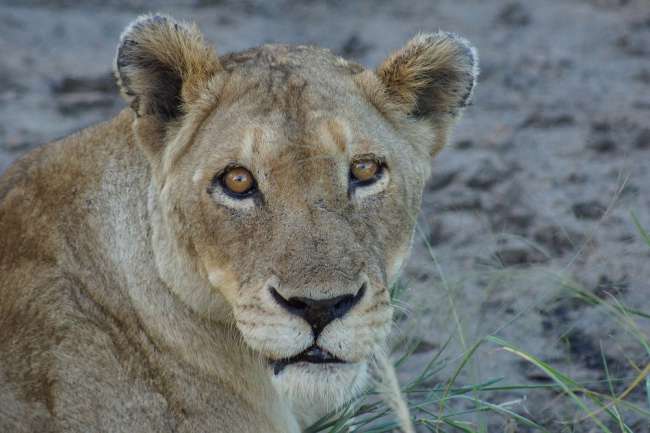
Rapoarte de călătorie Africa de Sud
